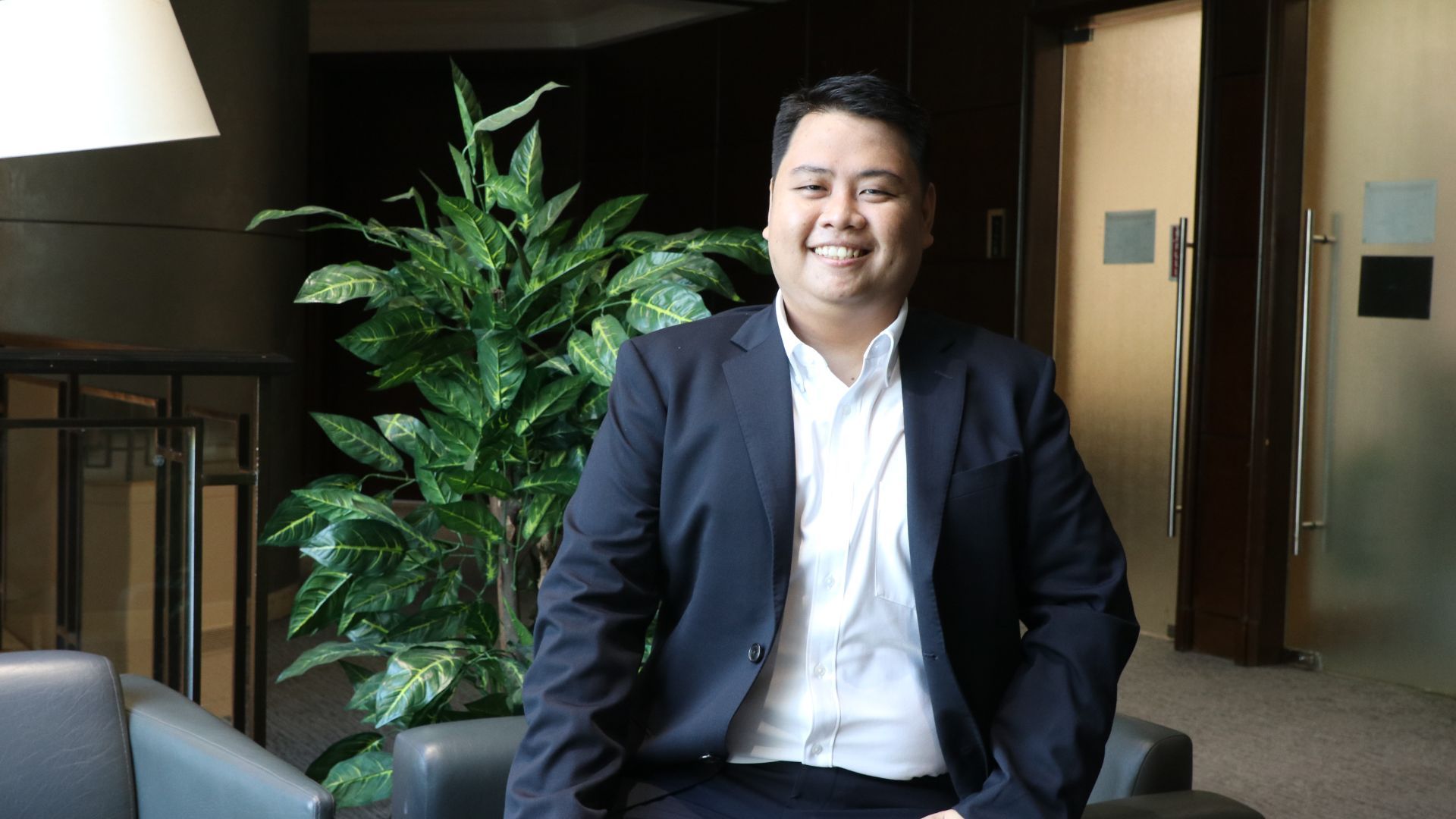Walk the talk: Vero shares ways to fight greenwashing
Championing sustainability requires transparency
By Mat Richter
Consumer preference for sustainable products has increased, but this growing demand has also sparked the proliferation of green buzzwords that deceive buyers.
Greenwashing involves making exaggerated, false, or misleading claims about a business’ environmental efforts and products to appear more eco-friendly than what they truly are. For instance, numerous products feature the chasing arrows logo, but it doesn’t guarantee the materials meet the standards of recycling facilities. They often end up in landfills and, in turn, plague our shared home.
In a mission to help combat misinformation, Vero, a leading communications consultancy, has developed a playbook in Southeast Asia to help brands practice sustainability transparency and avoid greenwashing, be it intentional or accidental.
From greenwashing to ‘Greenwatching’
The agency believes the main tool to fight greenwashing is transparent and authentic communication, ensuring you’re only conveying what you’re doing and achieving, nothing more and nothing less.
“We understand how crucial it is to discuss sustainability—from setting goals, to taking action and achieving results—within the corporate sphere. So Vero developed our own playbook around authentic sustainability communications to help brands avoid greenwashing, greenhushing, and all the other shades of green in between,” said Lin Kuek, Vero ASEAN's sustainability lead.

Some takeaways in the playbook include a business’ need to set realistic goals; achieve B Corp or other sustainability standards; listen to stakeholders, from vendors to communities at large; and implement clear key performance indicators.
“Measurements without the right context are also simply a set of data without any reference points. Reporting measurements honestly, transparently, and publicly holds companies accountable to the goals that they have set themselves,” she added.
Flee from fossil fuel
According to Vero, it was the first agency in Asia to take the Clean Creatives pledge, a global movement uniting communication professionals who refuse to serve the fossil fuel sector for a positive change.
“Any support for the fossil fuel industry harms our planet and our future. Communicators play an extremely critical role in the fight against climate change, and we must take action,” urged Kuek.
She also said fossil fuel companies today under-invest in transitioning away from coal, but over-invest in communicating about it, which can open risks for greenwashing.
On sustainability communication
Beyond the surface, sustainability is an intricate topic. It encompasses technical aspects that can be overwhelming for some people to navigate and engage with due to unfamiliarity.

“While sustainability is a vast and complex topic, work can be done to apply in-depth storytelling to help more audiences understand the relevance of the issue, and how it relates to them,” expressed Kuek.
In the Philippines, sustainability communication remains a challenge for numerous reasons. These include urgent economic concerns often taking precedence, widespread environmental misinformation and disinformation, and limited media access in rural areas.
“To overcome these challenges, companies can enhance access to scientific information through translated studies and online platforms, engage communities via local leaders and workshops, emphasize the economic benefits of sustainability, and share local success stories to motivate sustainable practices," said Vero PH PR Account Director Paulus Soriano.
In the face of environmental degradation, Vero offers a sliver of hope by helping companies walk the talk of sustainability. Now more than ever, it's crucial to be discerning about products labeled as "green."
Look past the buzzwords and fact-check the product’s eco-friendly claims before making a purchase. Choose to support businesses genuinely committed to helping the planet. Ultimately, engage in sustainability beyond consumption.